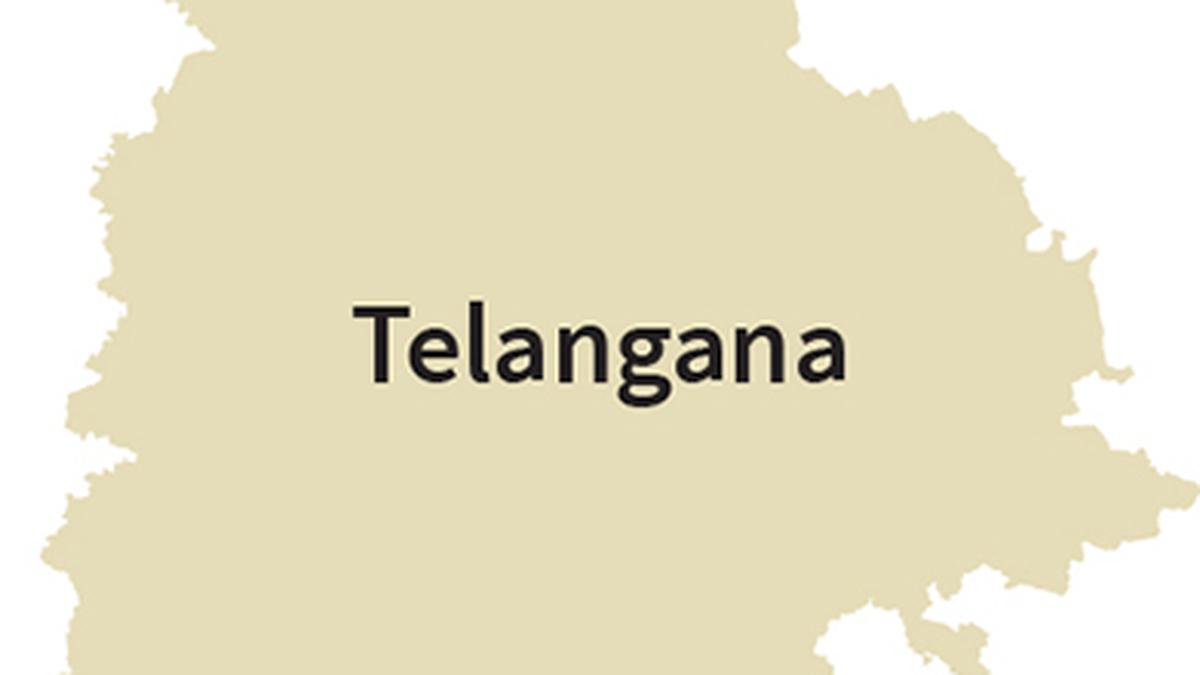Now Reading: Kerala Agriculture Dept Plans Action to Boost Pokkali Farming on 260 Acres in Chellanam
-
01
Kerala Agriculture Dept Plans Action to Boost Pokkali Farming on 260 Acres in Chellanam
Kerala Agriculture Dept Plans Action to Boost Pokkali Farming on 260 Acres in Chellanam
Quick Summary
- The Agriculture Department plans to reclaim 260 acres out of 465 acres in Maruvakkad, Chellanam grama panchayat, for Pokkali farming next season.
- Priority will be given to paddy farming over aquaculture during the crop calendar from April 15 to November 15.Aquaculture season will follow between November 15 and April 14.
- Currently, Pokkali farming is limited to only eight acres managed by three farmers.
- Farmers protested delays in dewatering during this season, disrupting the crop calendar and harvesting schedule.
- Dewatering began on August 22 after funds were allocated but faced issues due to one non-functional pump among three.
- challenges include breaches in embankments, suspended dewatering (stopped July 20 due to lack of funds), and delayed harvesting likely extending into December instead of the planned period ending mid-November.
- A meeting has been called by the Agriculture Department involving landowners and lessees for preparing fields earlier-starting from April-alongside strengthening farmer participation via Padashekhara Samiti.
Indian Opinion Analysis
The plan by the Agriculture Department to prioritize Pokkali farming over aquaculture reflects an effort toward sustainable agricultural practices amid significant operational challenges. Issues like breaches in embankments and stalled progress on dewatering highlight persistent gaps in infrastructure maintenance and resource allocation that must be addressed urgently. While low engagement (only eight acres currently farmed) signals barriers such as funding inadequacies or coordination lapses among stakeholders, strengthening farmer committees appears a step forward.
Delays caused by non-operational equipment and interruptions directly impact productivity timelines, underscoring the need for more proactive governance mechanisms around irrigation logistics. By setting a clear timeline for preparatory actions starting next April while prioritizing stakeholder involvement through strengthened committees, this initiative could offer long-term benefits-such as improved yield stability-for both agriculture laborers and landowners. However, balancing aquaculture’s economic promises against ensuring soil health through traditional farming methods remains a critical aspect requiring continued vigilance.
read more: the Hindu
























